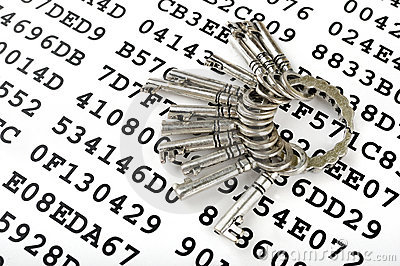Major US tech companies are asking Barack Obama to allow them not to build backdoors into their software.
 More than 140 companies, including such giants as Apple, Google and Facebook, together with a number of world-renowned experts in cryptography sent their collective letter to Barack Obama. It is about the flawed, according to the authors of the letter, practice, according to which government agencies will be able to access the encrypted data of end users thanks to special loopholes that the manufacturer will have to leave. Washington Post journalists also noticed the letter.
More than 140 companies, including such giants as Apple, Google and Facebook, together with a number of world-renowned experts in cryptography sent their collective letter to Barack Obama. It is about the flawed, according to the authors of the letter, practice, according to which government agencies will be able to access the encrypted data of end users thanks to special loopholes that the manufacturer will have to leave. Washington Post journalists also noticed the letter.“Encryption is the cornerstone of modern information economic security,” the letter says. A lot of important and private information circulates on the Internet, both of national importance and personal data of a huge number of people. It is unlikely that at least one of them would like to make public the details of his personal life, publish the specifics of his financial issues, or become a victim of fraudsters. Ultimately, strong encryption primarily protects citizens of the state in the modern digital world.
The introduction of the ability to read encrypted data into encryption algorithms — for whatever purpose it is done — radically changes the situation. If in products that have been repeatedly tested by a multitude of specialists, they still find vulnerabilities (and, probably, only a small part of them becomes known to the community and is fixed), then backdoors left on purpose can lead to security problems for both individuals and problems with the economic security of the whole state.
Public discussion of the problem of access to personal data of users seriously aggravated after the revelations of Edward Snowden and the public massacre of employees of a satirical magazine in Paris in January 2015. However, even earlier, the FBI director, James Koumi, expressed concern that in the versions of the operating systems Android 5.0 and iOS 8, data encryption is enabled by default (though Google has not yet finally decided on this issue.). The head of the FBI acknowledged that the safety of citizens is the basis of statehood, but what about the fact that intruders use non-interference by the state? “We have the legal right to intercept and listen to communications and receive information on a court order, but often there is no technical ability to do this,” said Koumi.
')
Source: https://habr.com/ru/post/356754/
All Articles